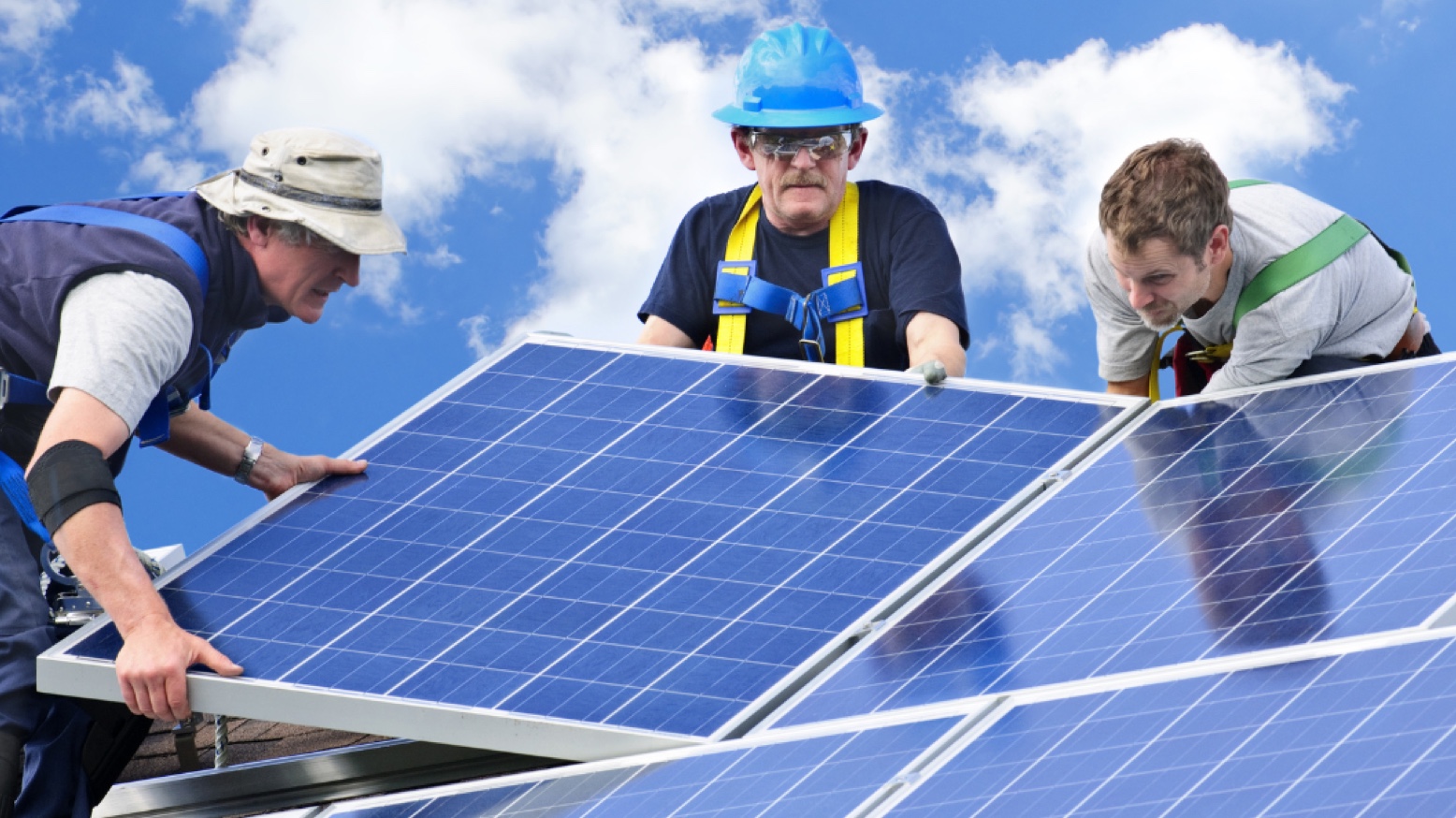What Is Environmental Sustainability and How Do Green Jobs Foster It?
Environmental sustainability is at the center of a wide range of conversations — everything from climate change to food justice, consumer purchasing habits, and even the UN’s Sustainable Development Goals. These conversations are crucial, as environmental sustainability is a key concern for both our present and future.
Today, we’re going to highlight environmental sustainability by exploring the concept in depth, and by examining how green jobs play an essential role in fostering it.
What Is Environmental Sustainability?
Environmental sustainability refers to responsible interaction with the planet, in order to maintain natural resources and not jeopardize the ability of future generations to meet their needs. It’s about striking a balance — ensuring that we don’t take more from the Earth than what can be replenished.
It’s a broad concept that encompasses many areas of consideration, such as:
- Conservation: Using resources wisely and efficiently to ensure they last.
- Stewardship: Taking responsibility for our actions and their impact on the planet.
- Restoration: Actively working to restore environments that have been damaged or degraded.
Why Is Environmental Sustainability Important?
Environmental challenges such as climate change, deforestation, and pollution are not just threats looming in the distant future. They are very real issues we face today. Rising sea levels, extreme weather events, and diminishing air quality are just a few examples of the immediate repercussions of not prioritizing sustainability.
Our actions today set the stage for the world future generations will inherit. If we continue on our current trajectory, we risk leaving them a planet that’s inhospitable, with scarce resources and a compromised ecosystem.
For businesses, sustainability has become a core part of strategy and operations. Consumers are increasingly making choices based on a company’s environmental footprint. By prioritizing sustainability, businesses reduce costs through efficient resource use, tap into new market opportunities, and enhance their reputation. They are also making meaningful contributions to environmental sustainability by redefining the standards of business, and acknowledging and taking accountability for the ways in which various industries impact our environment.
How Do Green Jobs Foster Environmental Sustainability?
Green jobs, often associated with the ‘green economy’, are roles that contribute directly to preserving or restoring environmental quality. Here’s how they make a difference:
Promoting Renewable Energy
Green jobs are at the forefront of championing environmental sustainability through the promotion of renewable energy. As the world faces the detrimental effects of fossil fuel usage, green roles in the renewable energy sector are paving the way for a cleaner, more sustainable future. These jobs — spanning from solar and wind energy technicians to hydroelectric plant operators — are instrumental in reducing our reliance on non-renewable resources.
By harnessing the power of clean energy, green jobs in the renewable energy sector not only cut down on greenhouse gas emissions, but also ensure a consistent energy supply that’s less susceptible to market fluctuations. This, in turn, helps build up countries’ energy security and independence.
Enhancing Energy Efficiency
Jobs in green construction and design are focused on creating buildings and infrastructures that use resources more efficiently. This means less waste, reduced energy consumption, and lower costs in the long run.
Waste Reduction and Recycling
Green jobs in waste management are crucial in reducing the amount of waste that ends up in landfills. By promoting recycling and sustainable waste management practices, we can reduce our carbon footprint and conserve valuable resources.
Conservation of Natural Resources
Green jobs play a pivotal role in the conservation of our planet’s vital natural resources. In the agricultural sector, sustainable practices like crop rotation and organic farming protect soil health and reduce water pollution. Water conservation specialists champion rainwater harvesting and efficient irrigation, while forestry roles focus on sustainable logging and reforestation. The marine sector sees green jobs implementing quotas and promoting aquaculture to combat overfishing.
In urban settings, green construction and planning emphasize sustainable infrastructure, transportation, and resource use. Collectively, these roles underscore the multifaceted approach green jobs take to ensure responsible and efficient use of our natural resources, safeguarding them for future generations.
Research and Development
Green jobs in R&D are at the forefront of developing new technologies and solutions that drive sustainability. Whether it’s creating biodegradable plastics or finding innovative ways to purify water, these roles are shaping our sustainable future.
If you’re passionate about making a difference and want your work to have a lasting impact, consider a green job. It’s more than just a job; it’s an impactful role in fostering environmental sustainability and making a brighter future possible for us all.
Check out our free employment programs in your area to see how we can place you in a green job. Through our programs, adults of all ages — whether unemployed, underemployed, or needing to learn new skills — can access training, support, and a path to meaningful employment in a variety of industries in 17 countries around the world. Developing skills through employment programs like ours can help you become more competitive in the job market and increase your earning potential.At Generation, our mission is to train, support, and place people into otherwise inaccessible career opportunities that can change their lives. Explore our employment programs to see how we can help you, or donate today to help us create career opportunities for our learners!
